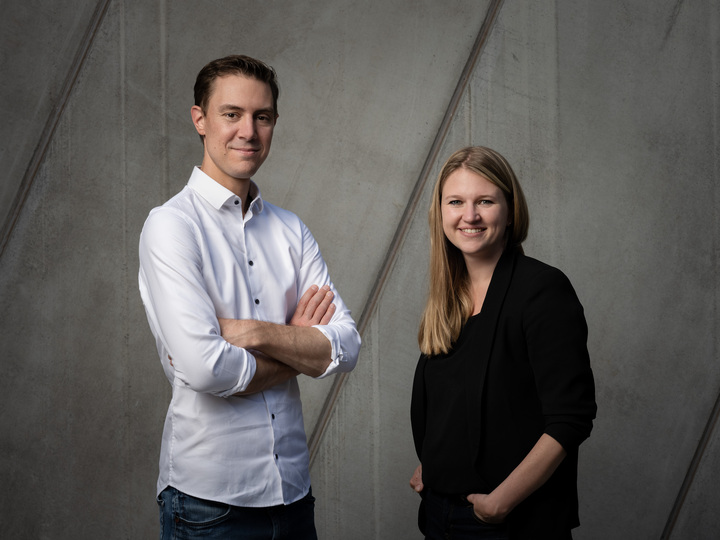The Czech government has plans to create a €55m fund of funds to back three independent VCs — including a fund focused exclusively on university spinouts in the field of AI.
The fund of funds, which will be managed by the European Investment Fund (EIF), is a “pilot” project, the country’s ministry of industry and trade confirmed to Sifted.
€15m of the fund will go to the AI technology transfer fund and is part of a new, wider push from the Czech government to create a better environment for the country’s AI scientists to commercialise their research. The government also hopes the fund and spinouts it backs cooperate with the wider AI research ecosystem in Europe.
State funds backing VCs
At least 14 European countries have a state fund backing local VCs, according to Atomico and Sifted analysis, as policymakers try to accelerate startup creation. For governments, the appeal of a fund model is that it does not require the same expertise needed to back individual startups.
But these funds have also been criticised by local VCs. Taking investment from them usually comes with the stipulation that a certain amount of the fund will be invested in the local ecosystem, which can be difficult in less mature ecosystems and hamper the ability of managers to build pan-European investment companies.
This will also be the case for the AI spinout fund: the money will be invested in early-stage startups that can present a link with the Czech Republic — such as the participation of at least one Czech university or Czech scientist in the research.
The final target size of the AI spinout fund “is not determined yet… but is likely to end up somewhere in the range of €20m-40m,” the EIF’s spokesperson tells Sifted, stressing that the cash from the Czech government will “potentially” be complemented by other resources from the EIF, as well as by other private investors.
The two other VCs backed by the Czech fund will focus on fintech and very early stage investments. The EIF will be responsible for the selection of the fund managers.
Creating a better environment for AI startups
The Czech government’s broader AI initiative will also include creating an “AI regulatory sandbox” — a safe regulatory space for startups to try out their products and services — as well as establishing support and best practices for scientists to commercialise IP in a way that benefits both universities and researchers.
The government says these measures would represent Europe’s first framework to comprehensively support tech transfers in AI.
We, as Europeans, really have quite good AI research like primary university research, but what we really lack is the application and VC investments
The Czech Republic, similarly to other central and eastern European countries, is known for its talented researchers and IT specialists — but it also lags behind western Europe in turning science into business. None of CEE's universities made it to the ranking of institutions that breed spinouts of the highest value; there’re no notable deeptech clusters in the entire region, according to Dealroom’s deeptech report.
“We, as Europeans, really have quite good AI research like primary university research, but what we really lack is the application and VC investments, in comparison to the US and China,” says Jan Klesla, the ministerial advisor responsible for the project.
He says the governmental initiative hopes to solve some of the challenges that still exist with technology transfer in the country, which include legal hurdles to transferring IP into private companies, especially in the AI sector.
“Universities are also very cautious regarding VCs. We want to solve these issues and build a bridge — trust between universities and VCs,” he says.
The spinout fund
The idea of the fund is still in a very early stage of development, so many of its details remain undecided. For example, it’s still unclear how many startups will receive investment from the VC and how much each will receive — the ministry says that it’ll depend on the strategy of new fund managers.
Universities are also very cautious regarding VCs. We want to solve these issues and build a bridge — trust between universities and VCs
The EIF says the selection process to choose a fund manager will be launched around mid-2023 and finalised at the beginning of 2024. The fund is expected to become operational around mid-2024.
The details on the AI sandbox are also very much up in the air — this solution will be based on the European AI Act, which still hasn’t been adopted by European policymakers.
The official agreement between the ministry and the EIF is expected to be signed on March 9.



